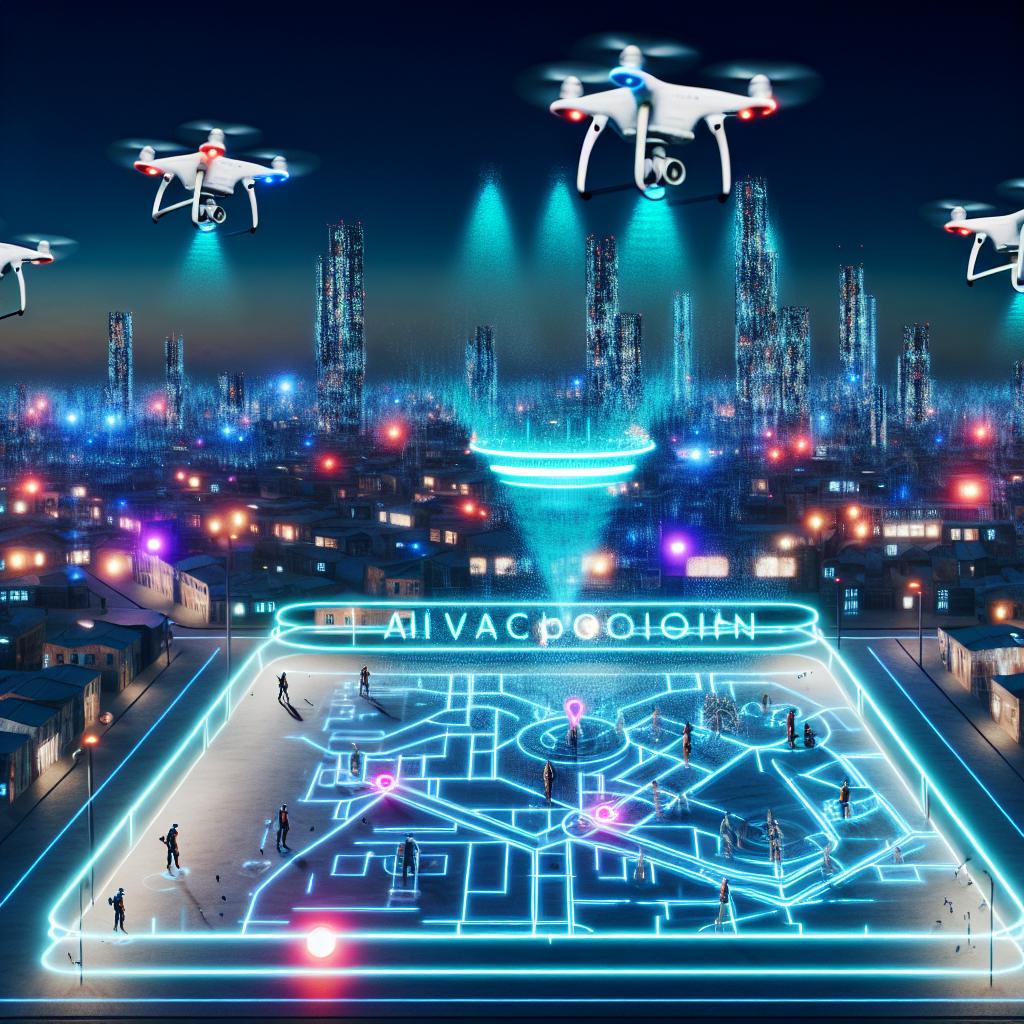In a world where crime rates continue to rise and law enforcement resources are stretched thin, there is a growing reliance on cutting-edge technology to combat criminal activities. One tool that is gaining attention and praise from law enforcement agencies around the world is artificial intelligence (AI).With it’s ability to analyse vast amounts of data, identify patterns, and predict criminal behavior, AI is seen as a key tool for reducing crime and keeping communities safe. In this article, we will explore how law enforcement agencies are harnessing the power of AI to better protect and serve the public.
Artificial Intelligence: The Future of Crime Reduction Strategies
In the ever-evolving landscape of law enforcement, artificial intelligence has emerged as a groundbreaking technology that promises to revolutionize crime reduction strategies. Through advanced algorithms and machine learning capabilities, AI can help authorities analyze vast amounts of data to identify patterns, predict criminal behavior, and enhance overall security measures. This innovative approach allows law enforcement agencies to proactively combat crime,allocate resources more efficiently,and ultimately make communities safer.

utilizing AI Technology to Enhance law Enforcement Efforts
Law enforcement agencies across the country are increasingly turning to AI technology to enhance their efforts in reducing crime rates and improving public safety. By leveraging the power of artificial intelligence,police departments are able to analyze vast amounts of data more efficiently,identify patterns and trends,and predict potential criminal activity before it occurs. Some of the key ways in which AI is being utilized by law enforcement include:
- Real-time crime mapping to allocate resources effectively
- Facial recognition technology to identify suspects
- Predictive policing algorithms to target high-risk areas
Key Takeaways
law enforcement agencies are increasingly turning to AI technology as a crucial tool in the fight against crime. With the ability to analyze vast amounts of data and identify patterns that may have otherwise gone unnoticed,AI has the potential to revolutionize the way we prevent and investigate criminal activity. While there might potentially be ethical concerns and challenges to overcome, the benefits of utilizing AI in law enforcement cannot be ignored. As technology continues to advance, it will be interesting to see how AI continues to shape the future of crime reduction efforts.







